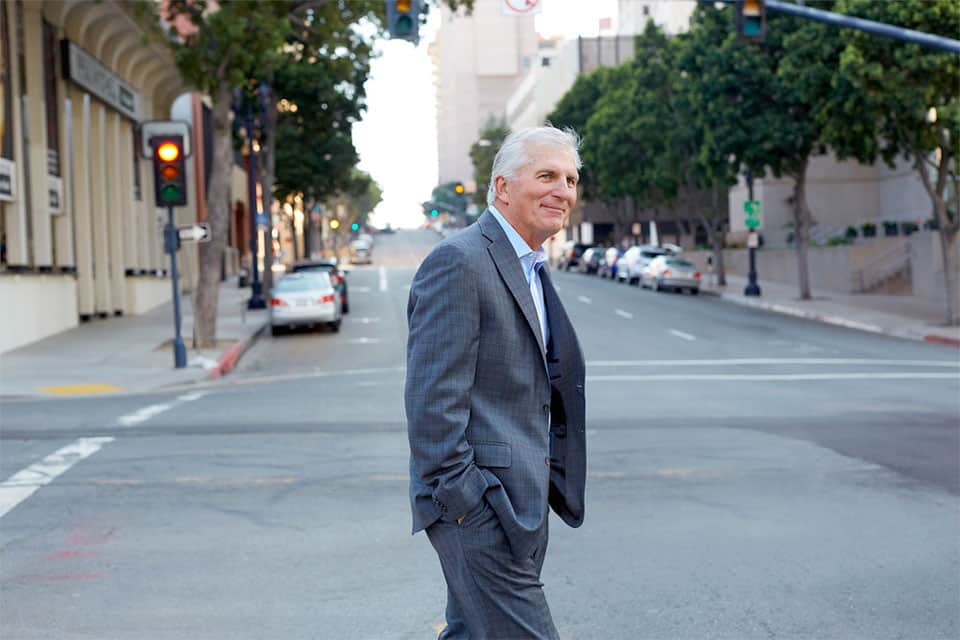There’s a Hero in All of Us: 8 Ways Leaders Create Extraordinary People

It’s not news that in times of crisis, we think and act differently. When our lives and well-being are challenged—as they have been during the COVID-19 pandemic—we’re not concerned with petty rules or receiving credit for our actions. The cause becomes prepotent. Team welfare trumps self-interest. We are more willing to face our fears. In these times, we’ll listen to any idea, follow any person, or try any suggestion that makes success more likely. During a crisis, everyday people become extraordinary heroes.
What we do in the crisis often stays there
Unfortunately, too often, what we do in the crisis stays in the crisis. When the crisis passes, we seem to forget, or ignore, much of what we learned about how to collectively act more effectively. When the danger subsides, leaders tend to default to old, inherited practices that use fear to control. The “all for one and one for all” mindset is replaced by a preoccupation with compensation practices and metrics that affect individual careers. In the absence of a shared cause, self-interest quickly becomes the order of the day.
But human behavior doesn’t keep us from engaging in non-exigent times. When we look closely, there are heroes in our communities that rise to the occasion routinely. There are teachers who turn classes of ordinarily bored students into teams of passionate learners. We’ve seen branch managers in banks overcome mind-numbing, corporate rules to provide a customer experience that’s loyalty-inducing. There are coaches who refuse to play the game the wrong way, graduate players, and win games in the process.
These leaders show us that the engagement found in a crisis can be achieved without a crisis—if we’re willing to think and believe differently.
Unsurprisingly, leaders in crisis situations and those who gain commitment sans crisis have much in common. They tend to:
- Choose love, not fear. This choice is foundational; it affects all other decisions. No great leader, athlete, artist, or student plays well in a culture dominated by unnecessary fear.
- Create a compelling cause. Great leaders engage their teams in a cause that’s worth saying yes to. An emotionally engaging sense of purpose becomes a unifying force and provides the opportunity for people to find meaning in their daily actions, work roles, and personal lives.
- Recruit more carefully. Getting the right people in the right positions and the wrong people off the team makes effective leadership far more likely.
- Expect the remarkable. There’s a reason why great leaders have consistently high expectations—and why struggling organizations have adopted, albeit often unintentionally, more moderate standards of performance.
- Insist on knee-knocking accountability. Accountability is everyone’s responsibility. The most successful teams understand that accountability is not a management activity; it’s a promise that every person makes to give his or her best and to ensure that others do the same.
- Embrace different ideas. Diversity of thought, information, and ideas are the foundations of creativity, learning, and change. We’re not always conscious of how our beliefs affect our judgment, but we need to be.
- Seek commitment, not compliance. We need a different theory of motivation, one likely to gain commitment and not just compliance. Our addiction to motivating people based on rewards and punishments is outdated and counterproductive.
- Embrace vulnerability. Effective leadership requires that leaders be willing to act humbly and vulnerably. Too often, leaders have been rewarded for behaving as though they are the smartest people in the room.
We don’t need to wait for a crisis to more fully engage people. It’s time to look at the pictures of COVID-19 heroes around the nation and realize how, systematically, most of us have underestimated the potential of the people on our teams. It’s time to help people find the hero inside and help create an environment where people feel safe to make a full-throated commitment. To make this happen, we need to believe. We need to believe in the power of ordinary people to be heroes—and in the power of ordinary people doing the extraordinary routinely.
The best leaders are not heroic. Rather, the best believe it’s their responsibility to create an environment where people are more willing to act heroically.
Written by Gary Heil. Have you read?
Antigua and Barbuda Citizenship by Investment Program (CIP), St. Lucia CIP: Saint Lucia Citizenship By Investment Program, Vanuatu CIP: Vanuatu Citizenship By Investment Program, Montenegro Citizenship By Investment Program (CIP)
Bring the best of the CEOWORLD magazine's global journalism to audiences in the United States and around the world. - Add CEOWORLD magazine to your Google News feed.
Follow CEOWORLD magazine headlines on: Google News, LinkedIn, Twitter, and Facebook.
Copyright 2025 The CEOWORLD magazine. All rights reserved. This material (and any extract from it) must not be copied, redistributed or placed on any website, without CEOWORLD magazine' prior written consent. For media queries, please contact: info@ceoworld.biz








